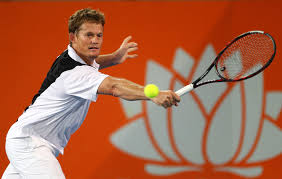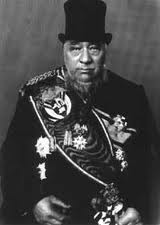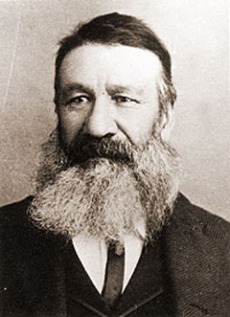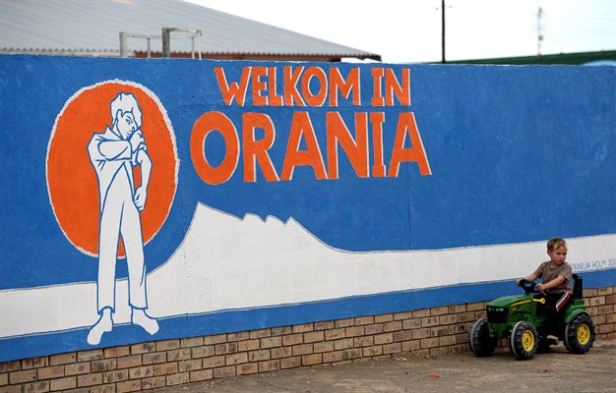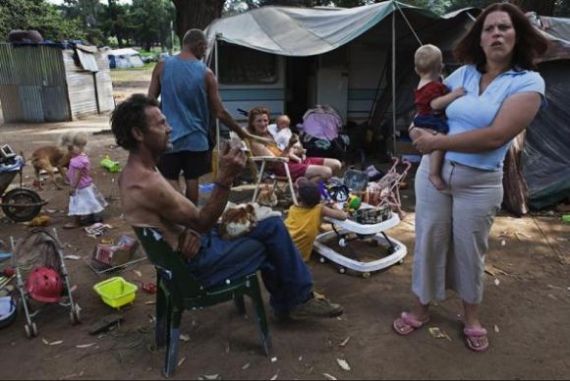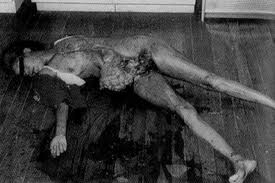In the last two posts we explain the influence of the French Huguenot and German people in the Boer-Afrikaner culture and people. Now we will develop the South European, mainly Portuguese, influence to Boer-Afrikaners. Portuguese was a great colonial power with many colonies in Africa, Mozambique and Angola in the South of Africa. They were as the Dutch, French and Germans in the Cape Colony, among the first Europeans in to live in the African continent. The Portuguese influence in the Boer-Afrikaner people is uncertain but probably gets back to the XVIII century when begin to exist some Boer-Afrikaners with the surname Ferreira which is a very common Portuguese surname that is also an important Afrikaner surname. They are probably descendent of João Ferreira de Almeida a Portuguese man that go to Holland with just 14 years old and then go to Batavia and India where he became a pastor of the Dutch Reformed Church and translated the Bible to Portuguese. The surname Ferreira is relatively common in Boer-Afrikaners with some important people holding these surname as Wayne Ferreira, Joachim Ferreira or Deon Ferreira. Also after the Union of South Africa some Portuguese arrive in South Africa especially from Madeira. The Afrikaans language have some influence of the Portuguese language. Some of the words are of Portuguese origin as moveer, to move in English from the Portuguese mover, kraal, from the Portuguese curral, a place to store animals.
Spanish influence in the Boer-Afrikaner culture was residual but one of the most important Boers of all time, Generaal Koos De la Rey had Spanish ancestry as his surname indicates. Probably he was a descendent of a Spanish family that flee to Holland to escape the inquisition and then to the Dutch Cape Colony to create a new live.
The Portuguese dictatorial regime known as ‘Estado Novo’, new state in English, had a good relationship with the Apartheid South Africa especially the Ultramarine provinces of Angola and Mozambique, and was until it’s end in 1974 one of it’s few allies.
After the Carnation Revolution in Portugal the decolonization process start being made and in 1975 the Portuguese colonies of Mozambique and Angola became independent. That led to black rule in those countries and a persecution of the white Portuguese people that lived there. Many of those had to flee to Portugal or to South Africa and Namibia, at that time under South African government. South Africans open the borders because they want more white employers and saw the Portuguese as a good opportunity to increase the white labor force. These Portuguese immigrants do not integrate immediately in the Afrikaner population because few could speak Afrikaans and they were Catholics not Protestants unlike the vast majority of the Afrikaners. However after some years, mostly since the 1980 decade, the Portuguese start to intermarry with Afrikaners, adopting and becoming part of the Boer-Afrikaner culture. Now there are 80 thousand Portuguese in South Africa and many more descendents.
There are also small minorities of other South European as French, not Huguenots, and also Italians. An example of a South African with Italian ancestry is the swimmer Giulio Zorzi.
The South European influence on the Boer-Afrikaner people is relatively small but the Portuguese in particular have a reasonable influence in the Boer-Afrikaner people specially the ones that came from Angola and Mozambique.

